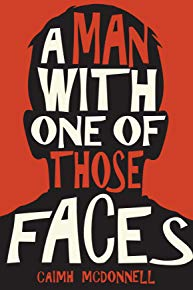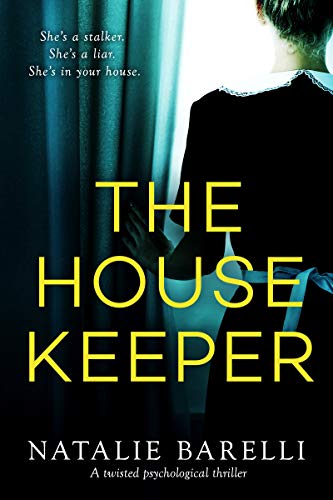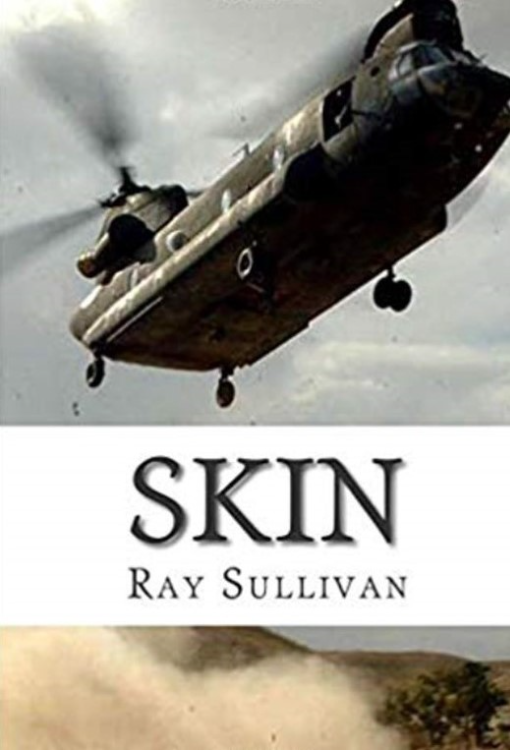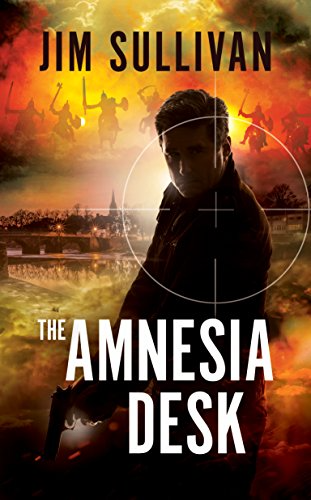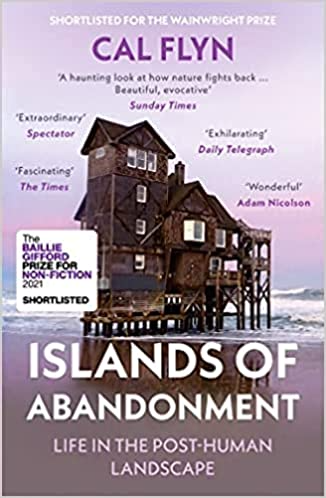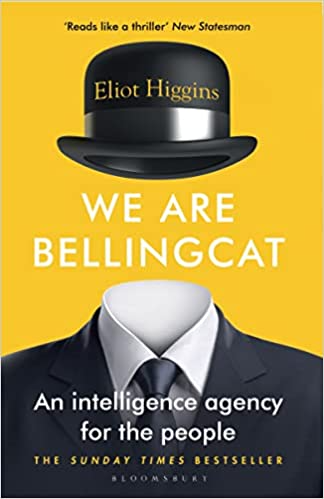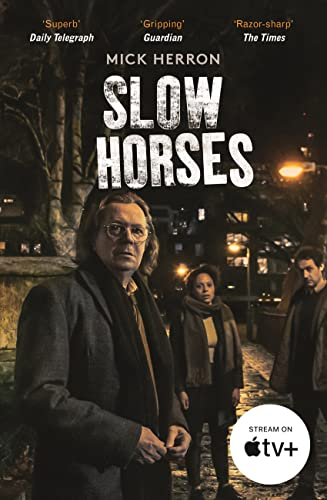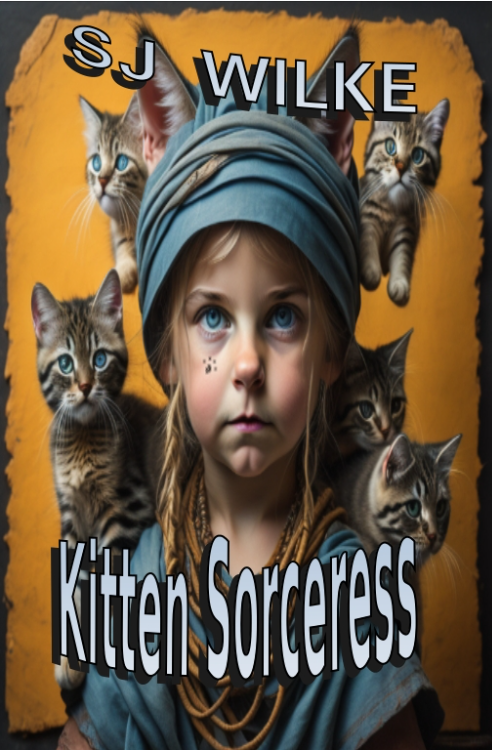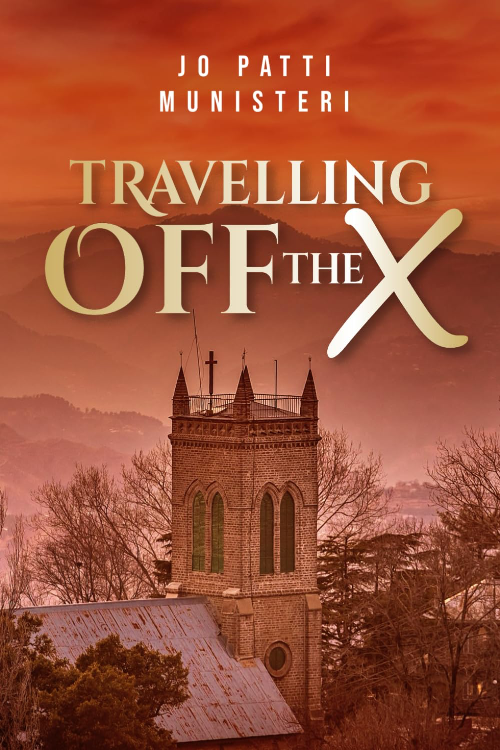Natalie Barelli on Domestic Noir
Interview by: Profile Editorial Team, 15/01/2020
Questions about writing
Natalie, we’re all writers here, could you tell us a little about your writing process? In particular the plotting – always a key area for thrillers.
Natalie: The idea for a book usually comes to me from one key scene, or one concept, like a little spark in my head. Then I start plotting and sketching the characters. I love plotting. I probably love it too much because when I wrote The Accident I decided to plot chapter by chapter before writing the story, something I hadn’t done so thoroughly before. I did that because some of my favorite writers (eg, Sophie Hannah) outline their novels before writing anything, so I thought I'd give it a go. I outlined the whole thing in great detail, including the end which was great fun and I just knew would speed up the writing process. Except it did the opposite. The story felt flat. I kept going anyway but halfway through I couldn’t stand it anymore. I pretty much threw it all out and started again from scratch. Then, because I’m a slow learner, when I wrote The Housekeeper, I decided I hadn’t done it right the first time and if I plotted and outlined this one even more, it would totally work. I spent a couple months on the outline and when it came to writing the book, the same thing happened. 30k words in and it felt like the novel didn’t have a pulse. I ended up re-writing great big chunks of that one too.
I’ve given up on detailed outlines for now and gone back to broad strokes for my current WIP. By broad strokes I mean, I know what the story is about; I have an inciting incident in my head; I think about the main character a lot, get to know her, understand her motives, then I’ll make up the rest as I go but still make sure to have the major plot points in place. One book on writing I like a lot is: Structuring Your Novel by K.M. Weiland. Her descriptions of how each plot point works and how to keep the story moving forward are great. I go back to that book whenever I get stuck or when my story feels like it’s running out of steam.
The whole idea of ‘domestic noir’ is chilling because it implies something sinister is happening in your home
You’ve written six thrillers now, how has your process evolved over time?
Natalie: One thing I learned from my outlining woes is that everyone’s process is different. My characters need to come alive and tell the story their own way. They won’t listen to me. The key is to trust that you can do this without a safety net, so to speak, and still land on your feet. If I can nail the characters early on, with all their flaws and dreams, the story will follow. Anne Lamott writes about this beautifully in her book Bird by Bird: “Plot grows out of character. If you focus on who the people in your story are … something is bound to happen.”
You describe your books as ‘domestic noir’. Could you give us a sense of the qualities which you look for in similar books. For any writers out there putting together their first domestic noir thriller – any tips you’d like to share?
Natalie: I love reading domestic noir. It’s a genre that UK writers do particularly well, and some of my favorites are Sabine Durrant, Sophie Hannah, Sue Watson, Paula Daly, Louise Candlish, Lucy Dawson. (Actually there’s a whole lot more but only so much space…)
The whole idea of ‘domestic noir’ is chilling because it implies something sinister is happening in your home, or at least within your immediate environment, and you don’t know who or what is behind it. I find the “what if” concept works really well in domestic noir: What if you ran into an old boyfriend you haven’t seen in twenty years and you know for a fact is dead? What if you received a letter claiming your husband is living under someone else’s identity? A good ‘what if’ really makes you want to know what happens next. And you should have a nice twist at the end, although some of the best domestic noirs have them in the middle, eg The Wife Between Us by Greer Hendricks and Sarah Pekkanen
Lastly, one of my all-time favorite domestic thrillers is Sabine Durrant’s Under Your Skin. It nails every aspect of the genre and it’s a great read.
I’ve heard it said that it’s important to make your main character ‘likeable’, but I think you can still write a gripping thriller by doing the opposite
Could you talk a little about ‘relatability’ in thrillers? For example, you focus on the domestic life of your characters – how important is this for a strong sense of jeopardy?
Natalie: That’s a great question. It’s crucial that the reader care about what will happen to the main character in jeopardy, but relatability is hard to do well. I like my main characters to be somewhat flawed but hopefully also to have some redeeming quality. You might not relate to them at all in the beginning, but you just might once you get to know them better.
I’ve heard it said that it’s important to make your main character ‘likeable’, but I think you can still write a gripping thriller by doing the opposite. The main character in Caroline Kepnes’ brilliant novel You is a perfect example. None of the characters in that novel are likeable, and yet they’re so riveting you can’t look away. Same with Araminta Hall’s Our Kind of Cruelty. I think if you can come up with a relatable character, you’re halfway there, but it’s not the only way to keep the reader engaged.
A writer asks you to put your name to their new book – the world will believe that you created it. You can choose any living writer (but no funny stuff, ok?) – who do you choose?
Natalie: The Woman Upstairs by Claire Messud because it’s a brilliant book in every way. The story, the writing, the characters, the twists. Of course, I’ll have the same problem as Emma Fern in that I’ll never be able to top it, so I’ll be forever known as a “one hit wonder” but that’s okay.
Questions about Until I Met Her
Always tricky with a thriller, but could you give us a brief teaser (without giving the game away)?
Natalie: Meet Emma Fern, celebrated author of a prize-winning bestseller, adored by legions of fans everywhere. But it wasn’t always this way. A chance encounter with her favorite writer transformed Emma from unremarkable beige wife into a literary star, all in the blink of an eye and without writing a single word. It’s a life she didn’t earn but one she’ll do anything to keep.
Anything at all…
The book starts with a confession. Your books always start with some kind of a bump. Do you like putting readers on notice from the start?
Natalie: Because this particular story takes some time to get to the (first) murder, I felt I needed something to keep readers engaged, and it came to me one day, why not start with the confession? Admitting to killing your dearest and closest friend hopefully leads to the question: but why? And hopefully makes the reader wanting to know more.
But a strong opening is very much a feature of a suspenseful psychological thriller, and coming up with that first ‘bump’, that first OMG moment, is great fun. When I feel like I've nailed that scene, I find I can't wait to write what comes next.
You do love your psychos, don’t you? Are they fun to write? How do you get inside the mind of a truly twisted character?
Natalie: I do love my psychos and yes, absolutely, because they are fun to write. But I don’t know that I get inside the mind of such a character. If it’s my main character, then I think of it more this way: ‘why are they twisted? What made them like this? Are they redeemable?’ That approach gives me lots of ideas to develop that character in interesting ways, imagine what motivates them, and also have a go at getting them to redeem themselves. Maybe.
But sometimes the true 'villain' turns out to be someone else altogether, like the friend who seemed so nice and helpful. Now they are the truly twisted psychos.
A question we always like to ask: who would you cast in the lead roles in the movie?
Natalie: I love that question! For Until I Met Her, I’d cast: Nicole Kidman as Emma, Blake Lively as Beatrice, Mark Ruffalo as Emma’s husband Jim.
Thank you for speaking with us today.
Natalie: Thank you
More by Natalie Barelli:
Posted in: crime-thrillers-mystery

